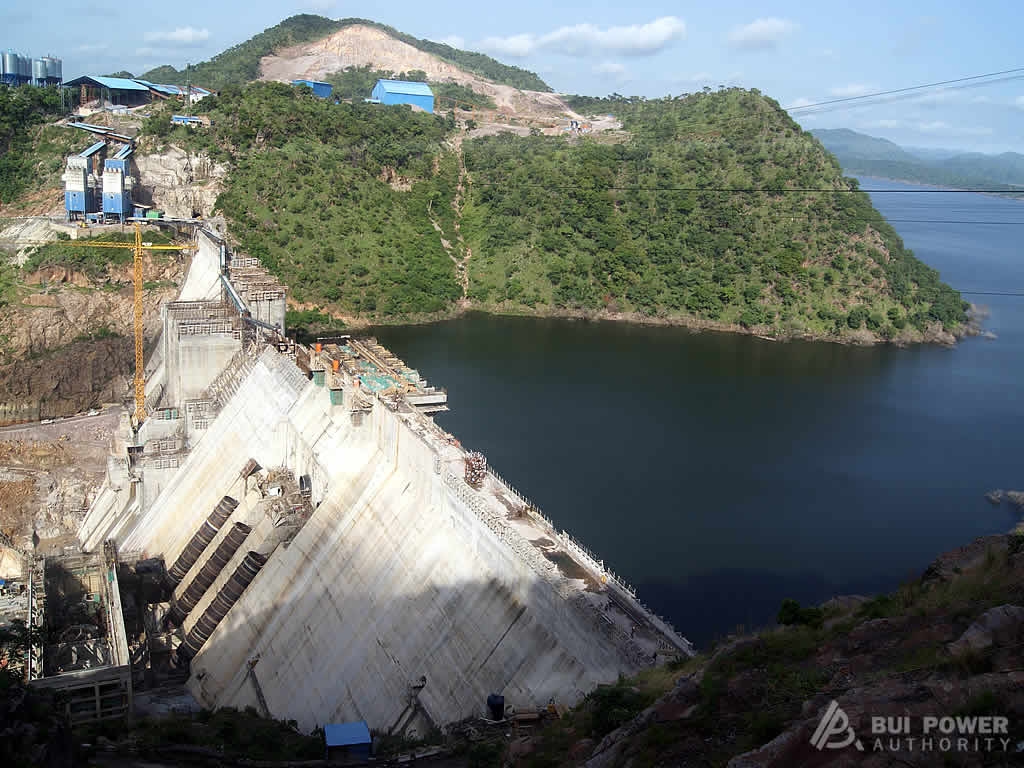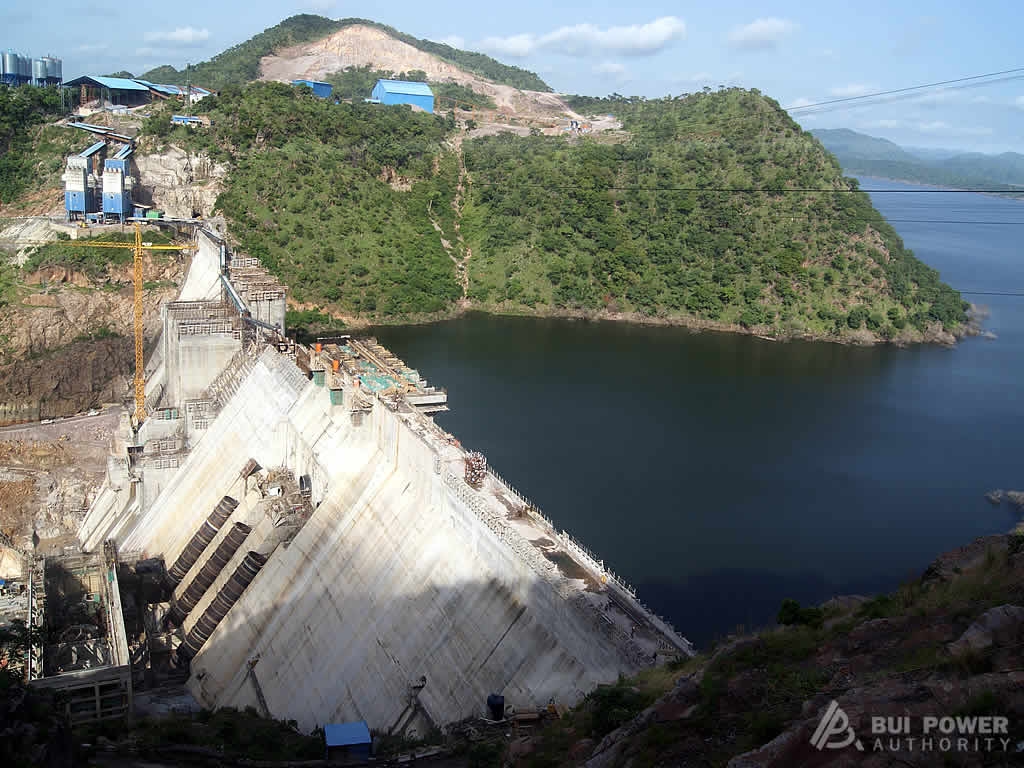
United States President Barack Obama has reaffirmed his commitment to a July visit to Kenya despite the recent terrorist attack on a Kenyan university that claimed more than 140 lives. The assurance sends a strong message in the President’s final term about the U.S. commitment to Africa. This Africa trip could set the tone for the next U.S president and, more importantly, determine President’s Obama’s legacy with the continent.
President Obama’s inaugural stops on the continent in 2009 to Ghana and Egypt raised high expectations and led many observers to predict a new relationship and tone between the United States and the continent. Yet the excitement fell victim to the usual (and, at times, rightful) criticism of being more symbolic than substantive.
The launch of Power Africa in 2013, in the midst of the President’s Senegal, South Africa and Tanzania visit, met similar criticism. Critics asserted that the President’s announcement of the five-year plan in Cape Town effectively brought more cheers in South Africa than it has brought actual megawatts of power. Power Africa representatives claim the program – operated by the USAID – is meeting goals yet they have been criticized for not fully substantiating any gain in power on the grid generated through their efforts nor have they shown if the pledge amount, including $20 billion from the private sector, has or can be achieved.
This year, all eyes are on the president’s trip- likely his last presidential trip to Africa. The President may want to be bold in this trip, if not only to remove reputation of being a symbolic actor and player in the African space. Rather than the safe options, perhaps President Obama should consider other countries for his Africa tour, suggestions below.
Kenya
The President’s insistence to keep Kenya on the list is commendable. Talks of a possible al-Shabab revival have raised concern. Regardless, the President’s arrival will send a message that Kenya is indeed a major partner with the U.S. in combating terrorism, particularly in Somalia. Kenya is an African innovation hub, the largest economy in East Africa and central to East Africa’s integration and peace. Throwing aside the previous spat between Kenya and the International Criminal Court – the court that the U.S. rejected as having authority over itself – the President is making a good (and safe) choice in visiting the home of his Kenyan father.
Nigeria
The White House, including the current President, has generally avoided Nigeria due to its sticky reputation as a corrupt country and an emerging terrorist playground. The arrival of president-elect Muhammadu Buhari provides a blank slate for the President in a country the U.S. should have strong relations with. It is Africa’s largest economy, most populated country, and home to an emerging terror threat.
The White House speaks to improving governance across the globe. Then why not go to the country (rightfully and wrongfully) characterized as a corrupt entity? If the president wants to be bold and make a substantive statement, there is no easier way to step into the centre of things and show how the U.S. can support institutions than expanding its efforts in Nigeria.
Ethiopia
It is time the President makes a visit to the second largest diplomatic city (after Washington D.C.) in Addis Ababa. Ethiopia is another country where economic and governance reform is an ongoing process. The present leadership has moved the country forward in less time than anyone could have predicted. As the country strengthens its institutions for greater economic openness, the U.S. is the ideal partner in the process.
The country is also an important ally (with Kenya) in the fight against al-Shabab and terrorism in general. It is time the U.S. give some public recognition to Ethiopia’s efforts and join with the country in boosting its economic progress.
Tunisia
This is not a symbolic suggestion. Tunisia was home to the Arab Spring and is home to the ongoing efforts to build a model for strong democratic institutions in the Arab world.
The President’s absence at the unity march in Paris after the deadly attack on satirical newspaper Charlie Hebdo was felt in the Arab world as much as it was in Paris. It is time the President steps into the middle of things and makes substantive efforts to work with the new democracy to establish a model for the rest of North Africa. Tunisia may not be the natural resource haven of its neighbour Algeria or African relative Nigeria, but it is soon becoming a battleground for democracy in the Middle East and North Africa region.
Credit: Kurt Davies Jr




